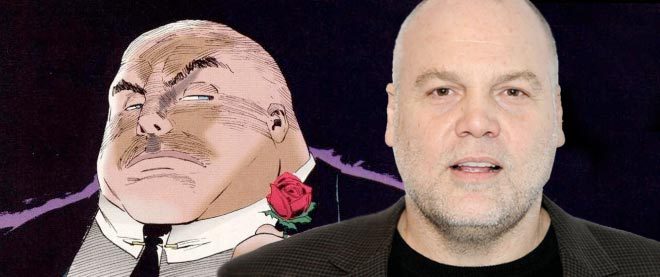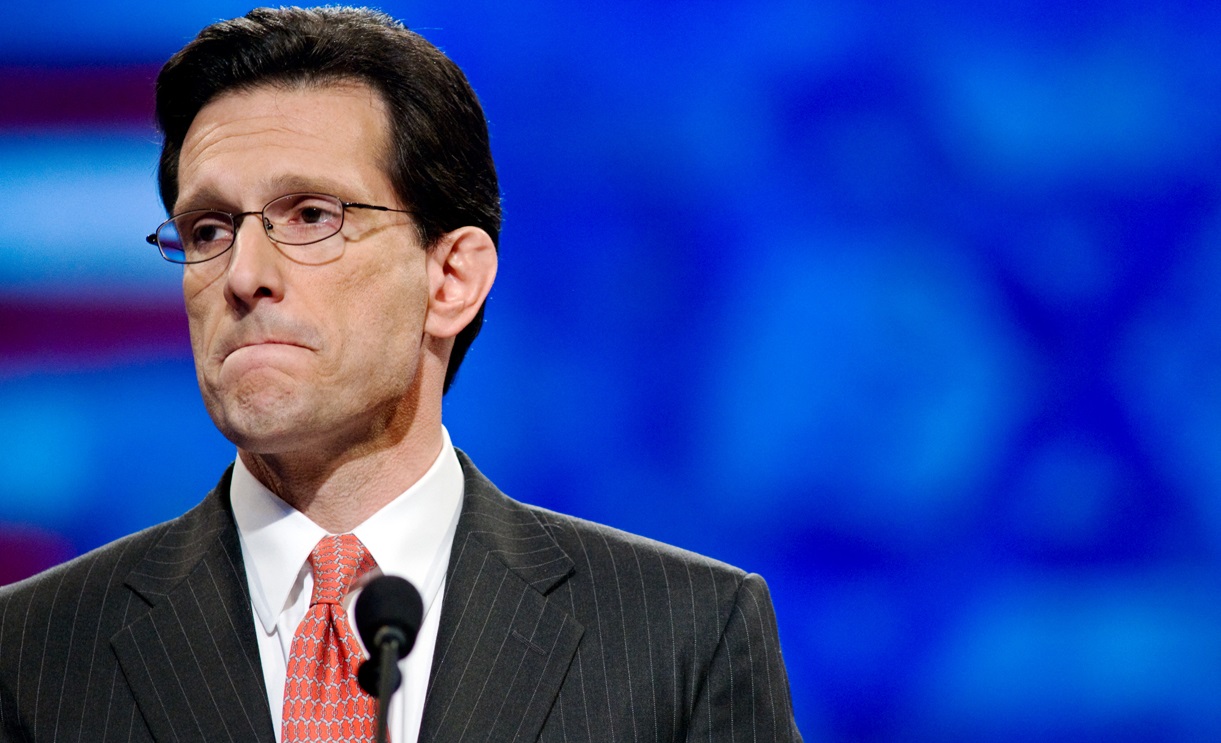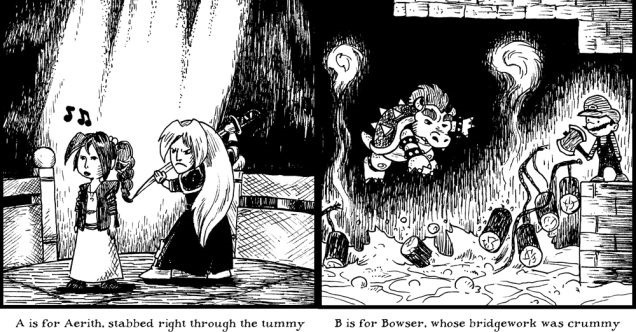 “[C]yclists are probably in the right here. While it’s obviously reckless for them to blow through an intersection when they don’t have the right of way, research and common sense say that slowly rolling through a stop sign on a bike shouldn’t be illegal in the first place. Some places in the US already allow cyclists to treat stop signs as yields, and red lights as stop signs, and these rules are no more dangerous — and perhaps even a little safer — than the status quo.”
“[C]yclists are probably in the right here. While it’s obviously reckless for them to blow through an intersection when they don’t have the right of way, research and common sense say that slowly rolling through a stop sign on a bike shouldn’t be illegal in the first place. Some places in the US already allow cyclists to treat stop signs as yields, and red lights as stop signs, and these rules are no more dangerous — and perhaps even a little safer — than the status quo.”
In Vox, Joseph Stromberg makes the case for “the Idaho stop” — i.e. bikers treating red lights like stop signs, etc. As a frequent bike commuter (who, like most, does this anyway), I’m all for it. “There are even a few reasons why the Idaho stop might even make the roads safer than the status quo…[It] could funnel bikes on to safer, slower roads…[and] if legalized and widely adopted, would also make bikes more predictable.”











